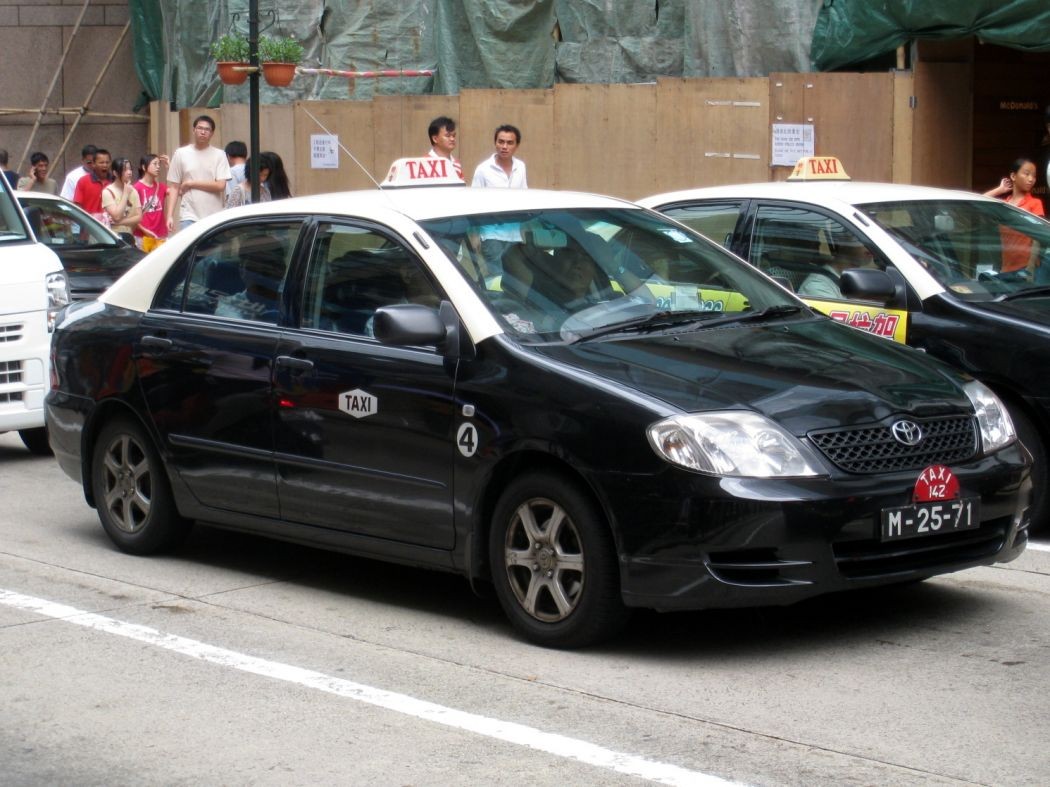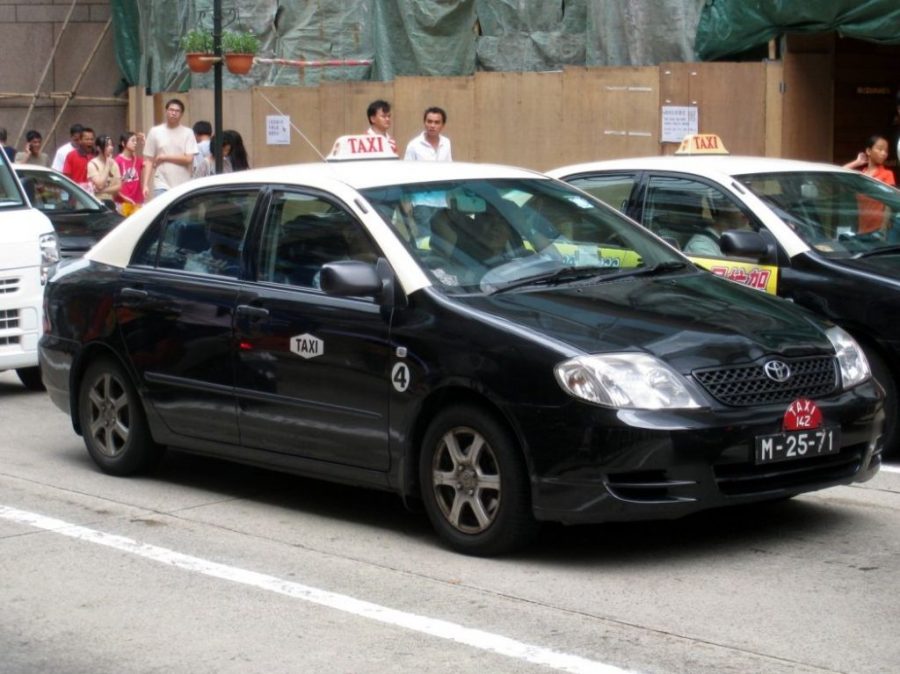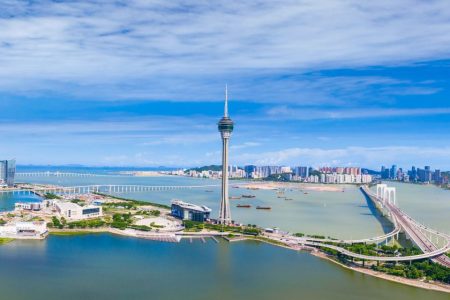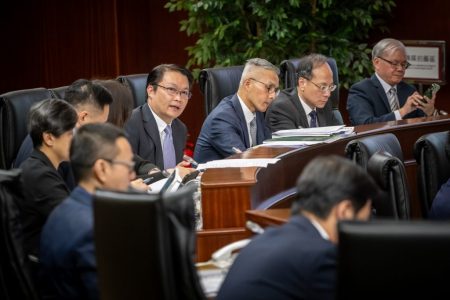Representatives of several taxi groups submitted a joint application for an increase in taxi fare to the Transport Bureau (DSAT) on Monday.
The cabbies insisted that the increase was needed to keep pace with the sector’s rising running costs.
Speaking to reporters after a meeting with DSAT Director Lam Hin San, Macau Taxi Drivers Mutual Association President Tony Kuok Leong Son said that the income of taxi drivers had been dropping in recent years as a result of the rising costs of fuel, repairs and maintenance, adding that the taxi sector, therefore, was requesting a fare increase.
According to Kuok, the several groups propose that the flagfall be raised to 20 patacas from the current 17 patacas, for the first 1,600 metres, a 17.6 percent increase.
The groups also suggest an increase in incremental charges. Currently, for every 260 metres after the first 1,600 metres, the increment is two patacas. The groups propose that the incremental charges be two patacas for every 220 metres, Kuok said.
According to Kuok, the groups also propose that passengers will have to pay more when requesting the cabbie to wait at some point during the ride. Currently, passengers have to pay two patacas for every one minute waiting time, and the groups propose that two patacas be charged for every 55 seconds, Kuok said.
The last increase in taxi fares came into force in December 2014, when the flagfall rose from 15 patacas to the current 17 patacas for the first 1,600 metres. Before the previous fare rise, the incremental charges were 1.5 patacas for every 230 metres.
Kuok also said repairs and maintenance costs of vehicles with emission standards of Euro 4 or above are five to six times more expensive than those with lower emission standards.
Kuok said that cabbies’ income, on average, was 12,000 to 13,000 patacas a month, pointing out that a public bus driver can earn 21,000 patacas per month. He insisted that the proposed increase was “reasonable”.
(Macau News / The Macau Post Daily)




